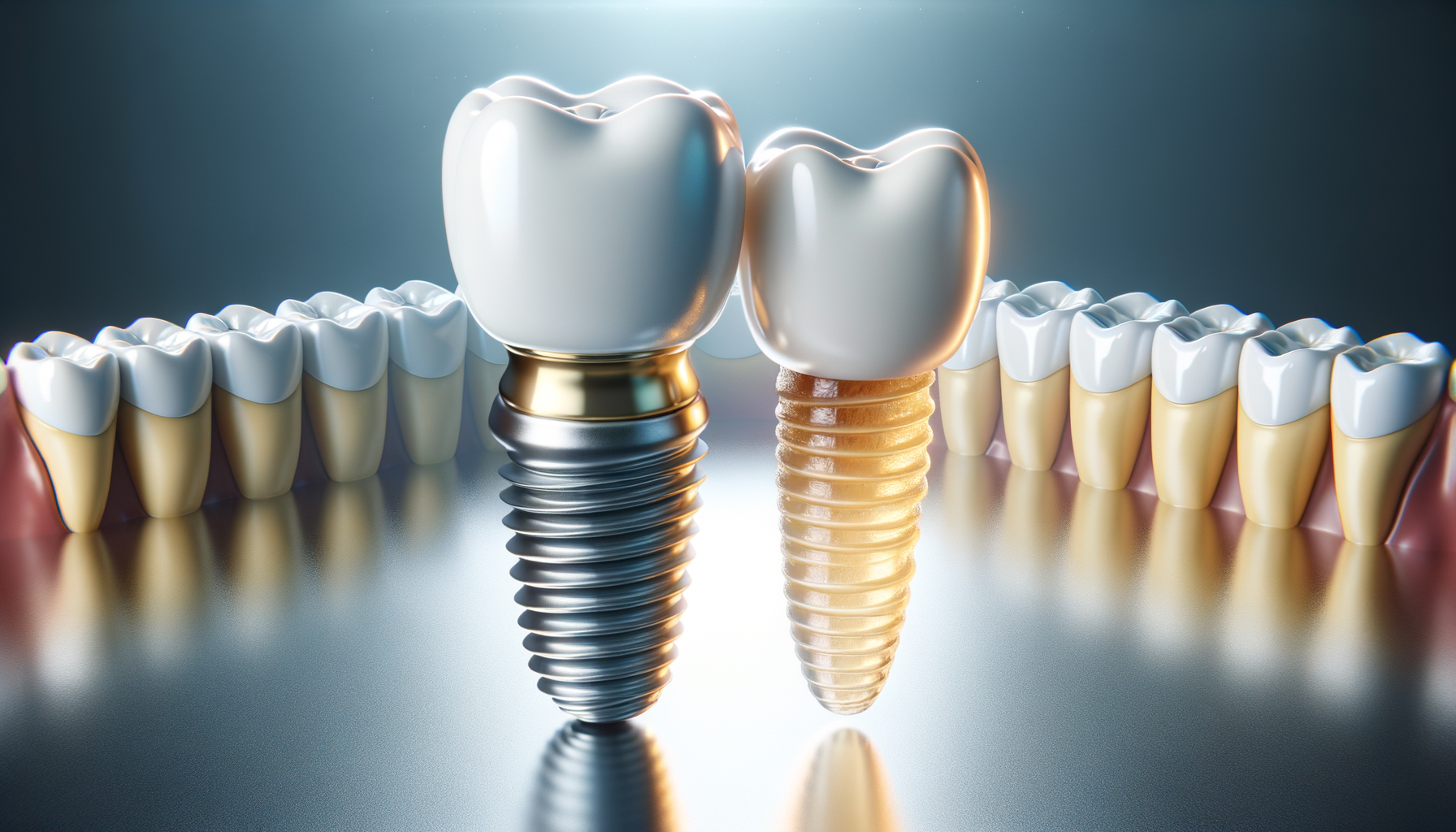Introduction to Dental Implants
Dental implants have become a pivotal solution in modern dentistry for replacing missing teeth. They offer a durable and aesthetically pleasing alternative to traditional dentures or bridges. This article explores the various aspects of dental implants, providing a comprehensive understanding for those considering this procedure. Dental implants are used to replace missing teeth and restore functionality, making them a popular choice for many.
The Procedure: What to Expect
The dental implant procedure is a multi-step process that involves several visits to the dentist. Initially, a thorough examination is conducted to assess the patient’s oral health and determine if they are a suitable candidate for implants. The procedure typically begins with the surgical placement of a titanium post into the jawbone, acting as a root for the new tooth. This is followed by a healing period, during which the bone integrates with the implant, a process known as osseointegration.
Once healing is complete, an abutment is attached to the implant, serving as a connector between the implant and the replacement tooth. Finally, a custom-made crown is placed on top of the abutment, completing the restoration. Patients can expect a recovery period that varies based on individual health factors, but most can resume normal activities shortly after each stage of the procedure.
Benefits of Dental Implants
Dental implants offer numerous advantages over other tooth replacement options. Their stability and durability make them a long-term solution, often lasting a lifetime with proper care. Unlike dentures, implants do not slip or shift, providing a more comfortable and natural feel. Additionally, dental implants help preserve jawbone health, preventing the bone loss that can occur with missing teeth.
Implants also enhance oral hygiene by allowing easier access for brushing and flossing, reducing the risk of cavities in adjacent teeth. Furthermore, they contribute to improved speech and eating abilities, as they function like natural teeth.
Considerations and Potential Risks
While dental implants offer many benefits, there are considerations and potential risks associated with the procedure. Not everyone is a candidate for implants; adequate bone density and healthy gums are essential for successful implantation. Smokers and individuals with chronic conditions such as diabetes may face higher risks of complications.
Potential risks include infection at the implant site, injury to surrounding teeth or nerves, and implant failure. It’s crucial for individuals to discuss their health history and any concerns with their dentist to determine the most suitable treatment plan.
Post-Procedure Care and Maintenance
Proper care and maintenance are vital to the longevity of dental implants. Patients should adhere to a regular oral hygiene routine, including brushing twice daily and flossing to prevent plaque buildup. Regular dental check-ups are also important to monitor the health of the implants and surrounding tissues.
Dietary adjustments may be necessary initially, avoiding hard or sticky foods that could damage the new implant. Over time, patients can enjoy a varied diet as they become accustomed to the implants. With diligent care, dental implants can provide a lifetime of improved oral health and confidence.




Leave a Reply